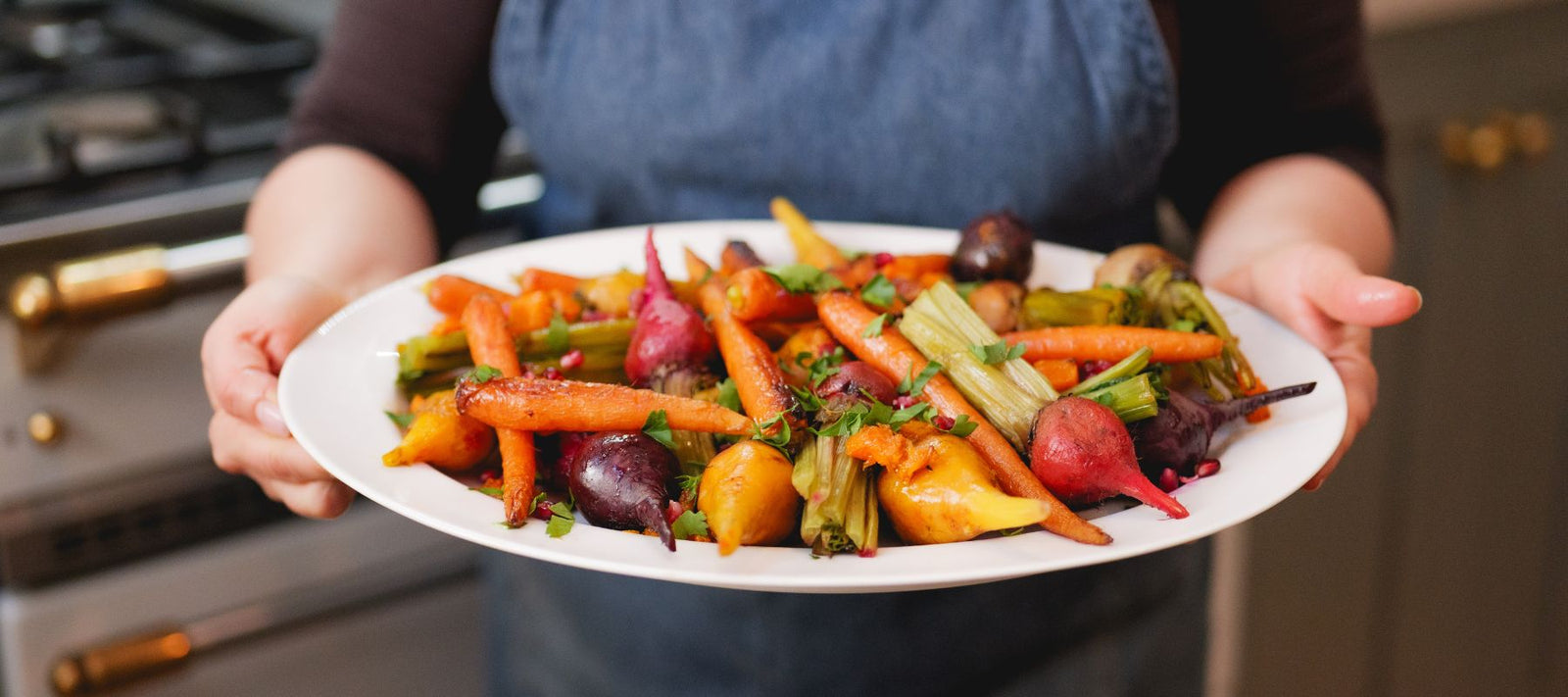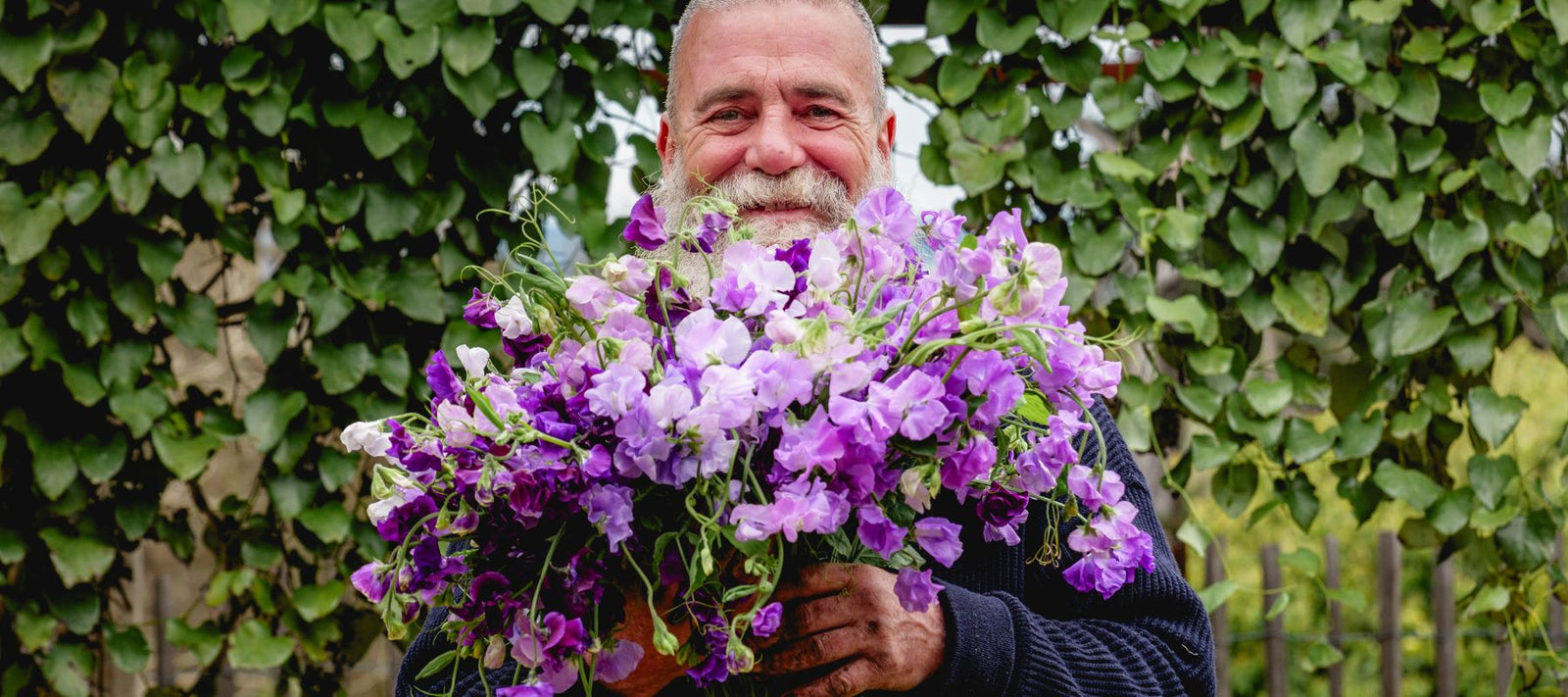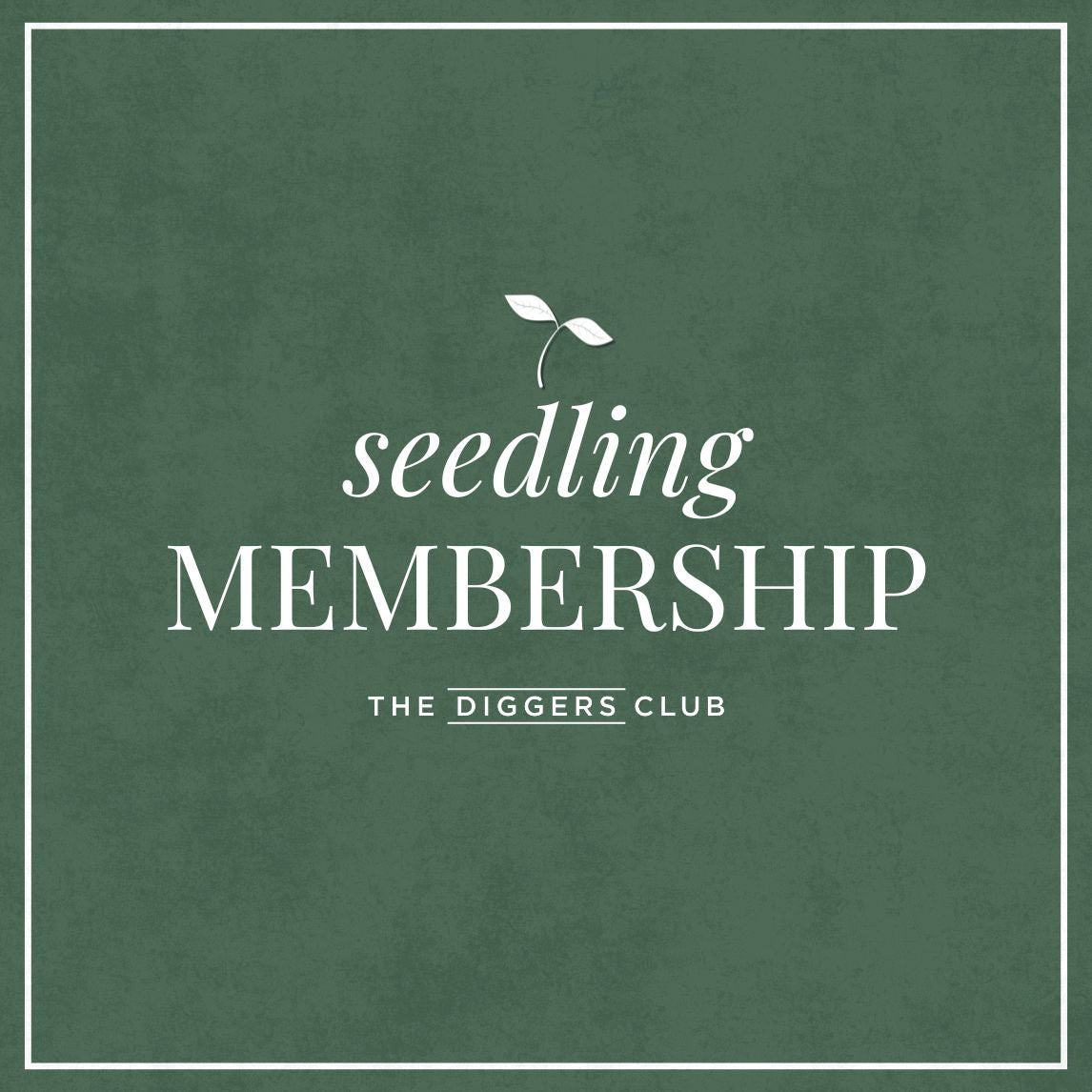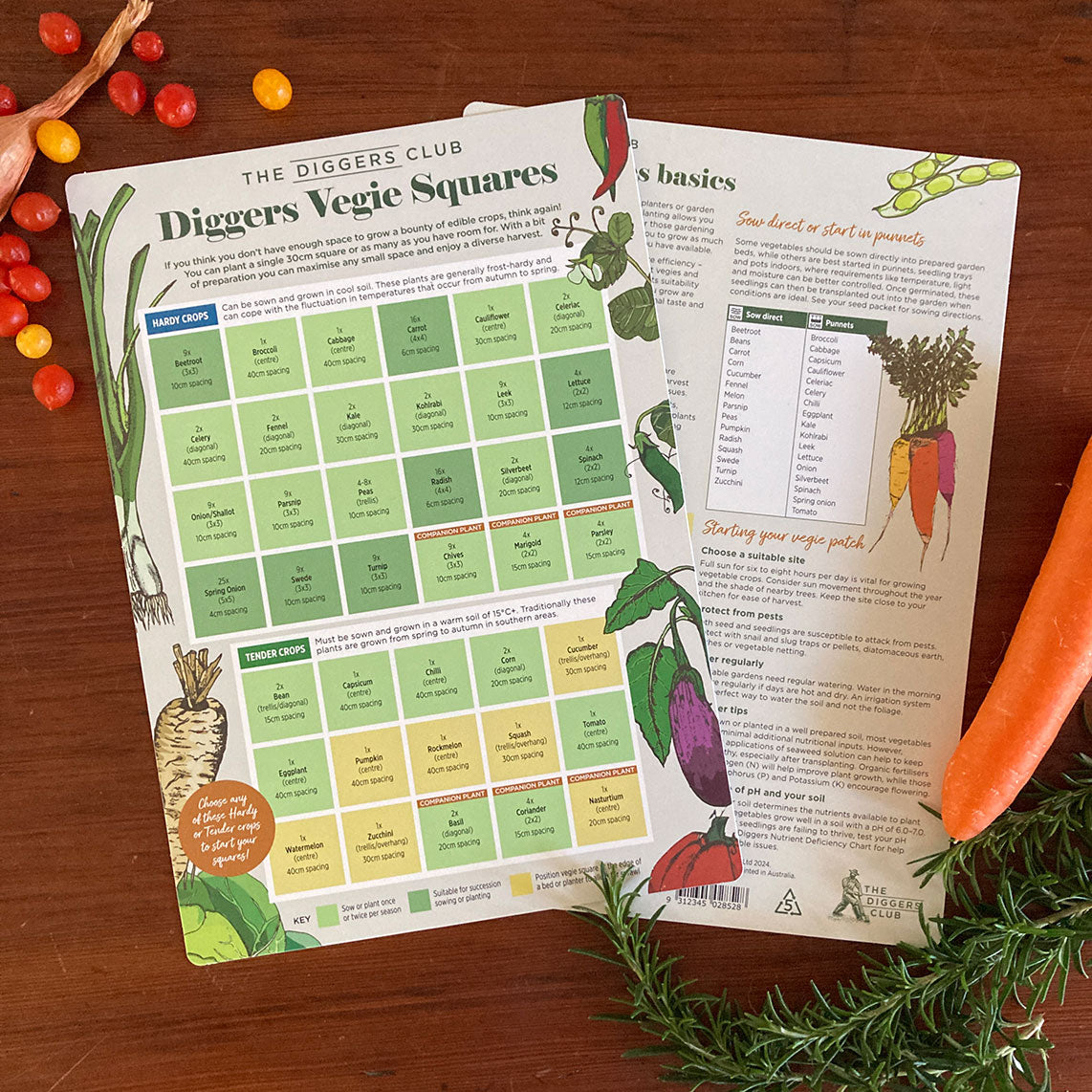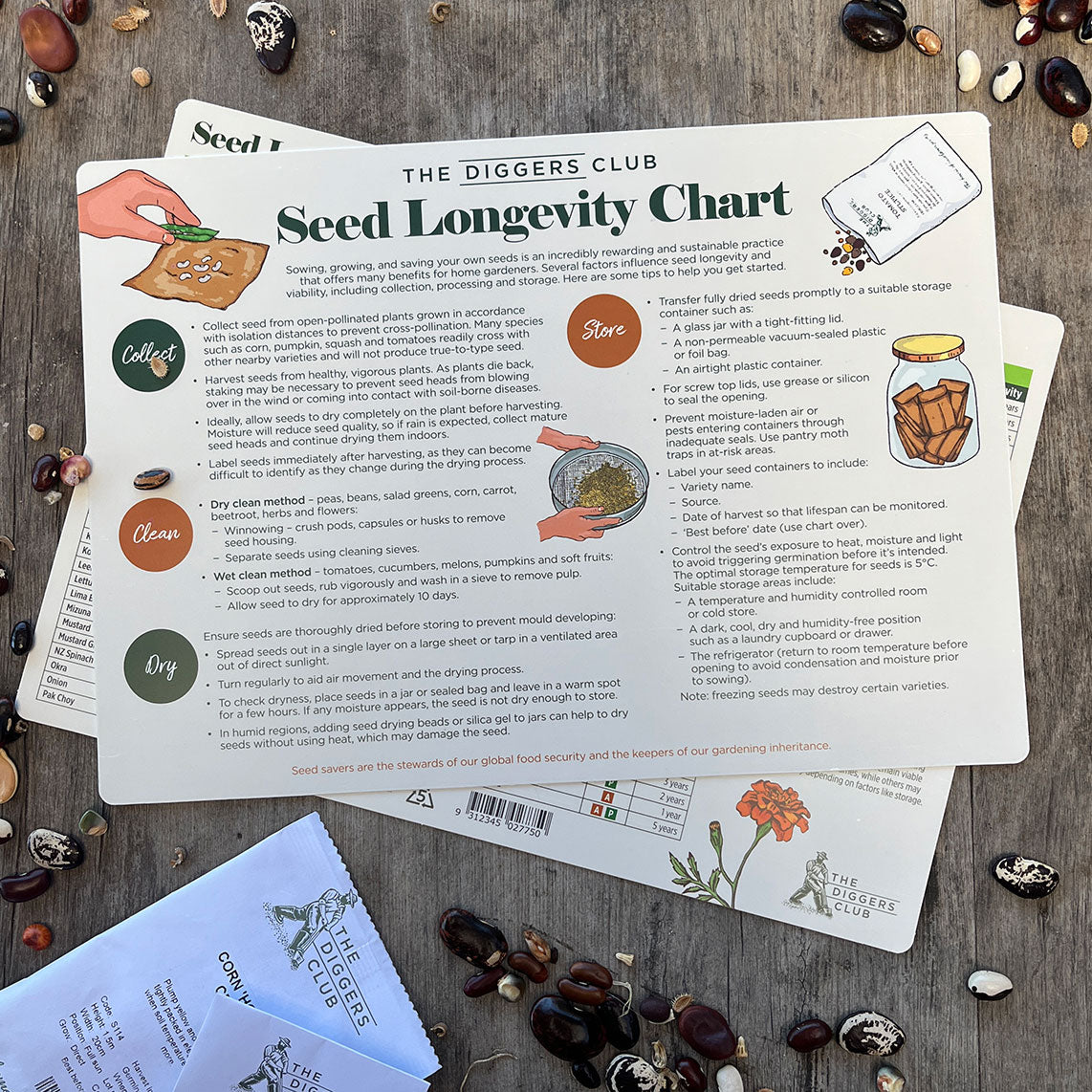
We’re all carrying something these days, stress, busy schedules, that feeling of being constantly “on.” It’s no wonder so many of us are looking for ways to slow down, switch off, and feel better.
For some, it’s a massage or a yoga class. For others, it’s a weekend away or a booked-out day spa. But there’s another kind of reset that’s always close to home. Gardening.
Tending to a garden offers many of the same benefits as a wellness retreat. It’s calming. It’s grounding. It works your body and soothes your mind. And it’s something you can do every day, without needing to leave your front gate.
Nature’s Therapy Room.
There’s something deeply calming about being surrounded by plants. The grounding earthiness of damp soil, seasonal floral scents, the rustle of leaves, the rhythm of pruning or watering, it all has a way of slowing the mind and softening the edges of the day.
Gardening draws us into the present moment. It shifts our focus from screens and stress to something tangible and alive. Time moves differently when you’re outside with your hands in the dirt, and that shift is powerful. 

It’s not just relaxing, it’s restorative.
As author and psychiatrist Dr. Sue Stuart-Smith writes in The Well-Gardened Mind, gardening allows us to “reconnect with ourselves by reconnecting with nature.” And the science backs it up: exposure to green spaces has been shown to reduce cortisol (the stress hormone), ease symptoms of anxiety and depression, and support better sleep and focus.
The best part? You don’t need acres or perfection. A few pots on a balcony can become your sanctuary. It’s less about scale, and more about presence.
Move your body, calm your mind.
Trade the barbell for a garden fork. You might not think of gardening as exercise, but your body does. Digging, weeding, pruning, lifting, carrying, it all adds up to a full-body workout, without the fluorescent lights, fitness trackers and judgy PT.
Unlike structured exercise routines, gardening is gentle, functional, and flexible. It builds strength, balance and stamina over time. It's movement with purpose, and it comes with the bonus of getting things done.
Regular light activity like gardening has been shown to reduce the risk of heart disease, improve mobility, and boost mood through the release of endorphins. It can also help with sleep, energy levels, and mental clarity.
Even better? Every small task counts. Whether you’re potting up herbs or spreading mulch, you’re not just tending plants, you’re tending yourself.


Food that feeds the soul.
There’s a unique kind of joy in growing food you’ll actually eat. Watching a seed become a meal connects you to something bigger - your environment, your seasons, your own effort. But it’s not just satisfying, it’s good for your health, too.
Homegrown food tends to be fresher, more nutrient-dense, and free from unnecessary chemicals. Even the act of harvesting and preparing what proudly you’ve grown, can boost your mood as much as your meals. Studies into the gut-brain connection show that a healthy diet rich in fresh, plant-based foods can improve mental clarity, lower inflammation, and support emotional wellbeing.
But even before it reaches the plate, food gardening is a feast for the senses. The scent of crushed basil leaves, the bright colour of ripe tomatoes, the crisp snap of a green bean, it’s a form of everyday aromatherapy that stimulates and soothes at the same time.
Whether it’s a full veggie patch or a pot of herbs on the windowsill, growing food is about more than nutrition. It brings flavour, focus, and a deeper appreciation for the small things, one harvest at a time.

A connection that grounds you.
In a world that often feels rushed, noisy, and disconnected, gardening offers something rare: stillness. It gives you a reason to pause, to care for something, and to notice what’s growing, not just around you, but within you.
Tending a garden is more than a task list. It’s a relationship. With the soil, with the seasons, with time. And for many, it becomes a quiet source of strength, especially in times of stress, grief, or uncertainty. There’s comfort in the cycles of nature. Plants wilt and return. Seeds wait patiently. Growth happens even when it’s not visible yet.
Gardening gives you something steady to return to. You don’t have to control everything, you just have to show up. Water. Weed. Wait. The process itself is healing.
And when shared with others who also have your love of growing, whether in a backyard, on a balcony, or through a community garden or the Diggers Club, this connection only deepens. Growing something becomes an act of hope, of care, and of resilience. It reminds us that even in small acts, there’s meaning.
A garden that gives back.
Gardening doesn’t just make things grow, it gives back in ways that are hard to measure, but easy to feel. A quieter mind. A stronger body. A deeper breath. And a gentle reminder that joy doesn’t have to be complicated.
It won’t replace a spa day (there’s room for both!) but it might just become something better: a daily ritual that restores you, one small act at a time.





